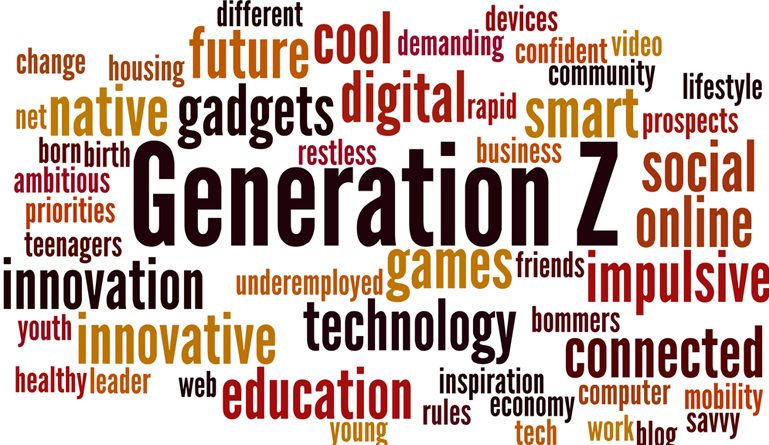Success in Online Higher Education Isn’t Always Defined by Degree Completion
The debate about the success of online higher education continues to resurface. Traditional institutions and higher education publications often fuel this debate. They seem determined to cast online learning in a negative light. One such article is Liam Knox’s, “Online Degrees Out of Reach” recently published by Inside Higher Education. I have been an educator involved in the online learning landscape for over a decade. I feel compelled to tackle some of the persistent misconceptions.

image provided by freepik.com

image generated by shurkin_son at freekpik.com
Equity and Access Can Lead to Success in Online Higher Education
Firstly, the data cited in these critiques often neglect crucial contextual factors. These include open enrollment policies, which welcome students from a variety of educational backgrounds. For example, these policies often admit those with prior unsuccessful attempts at higher education as well as limited financial resources. Unlike traditional institutions, these policies prevent online institutions from limiting student populations to only those they expect to succeed. Accessibility, is an important part of the mission of online education. However, it can impact completion rates because it serves student populations with unique challenges and needs.
Challenges to Success in Online Education for Non-Traditional Students
Furthermore, a direct comparison between completion rates at traditional institutions and online programs is inherently flawed. Many students enrolled in online programs are non-traditional learners, juggling full-time employment, family responsibilities, and often, military service. These factors, therefore, significantly impact their ability to pursue education in a traditional, time-constrained manner.

Student Definitions of Success in Online Courses
It is crucial to acknowledge that the value of education extends beyond degree completion. Online programs offer flexible learning opportunities. They are beneficial for individuals who may not have access to traditional campuses. They also offer the needed flexibility to balance education with other life demands. These programs offer a valuable pathway to upward mobility. They aid skill development and personal enrichment for a significant segment of the population.
Eliminating the Misconception of Online Learning Quality
Further, the assertion that online education is somehow inferior to traditional instruction is both inaccurate and deeply concerning. Faculty at online institutions are dedicated educators who employ innovative teaching methodologies, foster engaging learning environments, and prioritize student success. Indeed, to suggest otherwise is a disservice to the hard work and dedication of these educators. Moreover, it also diminishes the transformative impact they have on their students.
Call for a More Holistic Evaluation
Moving forward, a more nuanced understanding of online higher education is essential. We need to move away from simplistic metrics like completion rates. We must also explore the unique value proposition of these programs more deeply. It demands a recognition of the diverse student populations served. We must also understand the complex factors influencing their educational journeys. Additionally, we must acknowledge the dedication and expertise of online faculty. Only then can we appreciate how online education expands access to higher education. It empowers learners from diverse backgrounds.
Stephanie McConnell contributed to this article.




